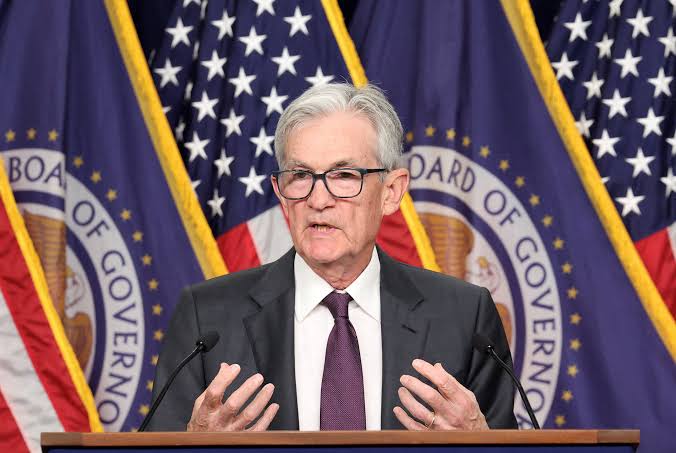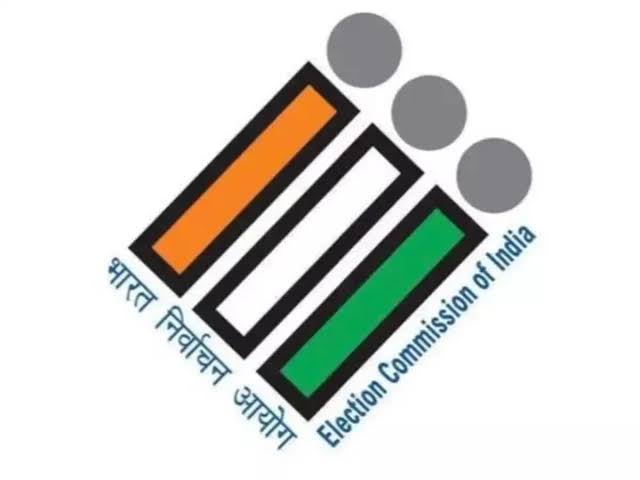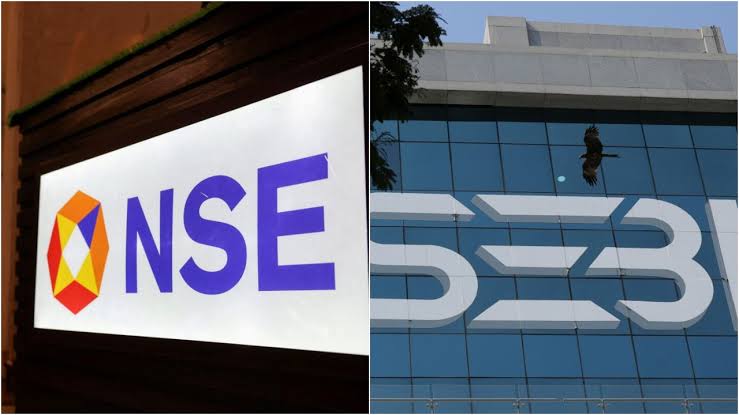 Image Source: Reuters
Image Source: Reuters
Federal Reserve Board Chairman Jerome Powell testified Wednesday before the Senate Banking Committee, reaffirming the central bank's gradualist approach to interest rates in the face of continued economic uncertainty about U.S. trade policy and inflation expectations.
Powell's remarks followed his testifying in front of the House Financial Services Committee, informing them that the Fed is "well positioned to wait" to act on interest rates. He cited the unknown impact of President Trump's sweeping tariff proposal and rising tensions in the Middle East as large reasons to stand pat on rates in the face of growing political pressure for a cut.
Highlights of Powell's Senate Testimony:
No Short-Term Rate Cuts: The Federal Reserve will leave its benchmark rate of 4.25%–4.5% unchanged and wait and watch as it looks at the inflationary effect of new tariffs. In Powell's words, "For the time being, we are well positioned to wait to learn more about the likely course of the economy before considering any adjustments to our policy stance.".
Tariff Jitters: Powell warned that the newly imposed and forthcoming tariffs will push inflation up this summer but acknowledged uncertainty regarding how much of that actually gets passed through to consumers. The central bank will be watching June and July inflation readings very closely for signs of persistent price pressures.
Split Policymakers: The Fed's rate-setting board is divided, with some members not foreseeing any cuts in 2025 and others expecting one or two cuts if inflation remains in line.
Labor Market Continuing Strong: The American labor market remains strong, with an unemployment rate of 4.2% and wages increasing faster than inflation. Powell also stated that the labor market is not a source of inflationary pressure. Independence of Fed: Powell defied political pressure, upholding the Fed's commitment to its twin mandate of price stability and full employment, regardless of any external pressure.
Interest on Reserves: Powell also defended paying interest on bank reserves as a tool of effective monetary policy, warning that to eliminate it would be disruptive and "would not save any money.".
With the next Federal Reserve policy meeting on July 29–30, markets are looking for no rate action until September at the earliest as policymakers wait for clearer evidence of inflation and the economic effects of trade policy.
Source: Reuters, CNBC, PBS NewsHour, Federal Reserve, Yahoo Finance, The Hill, Fortune
Advertisement
Advertisement





